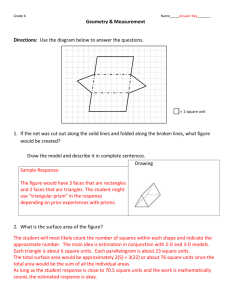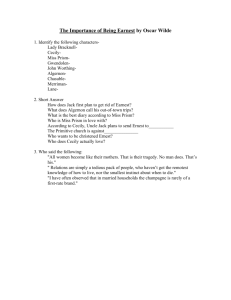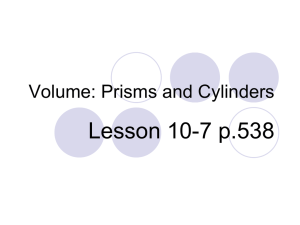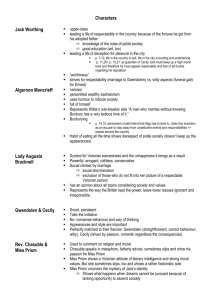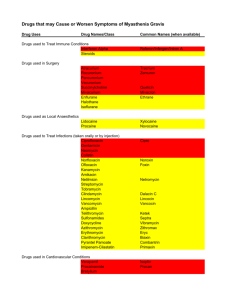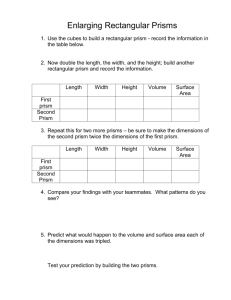prunes and prism : wilde and dickens
advertisement
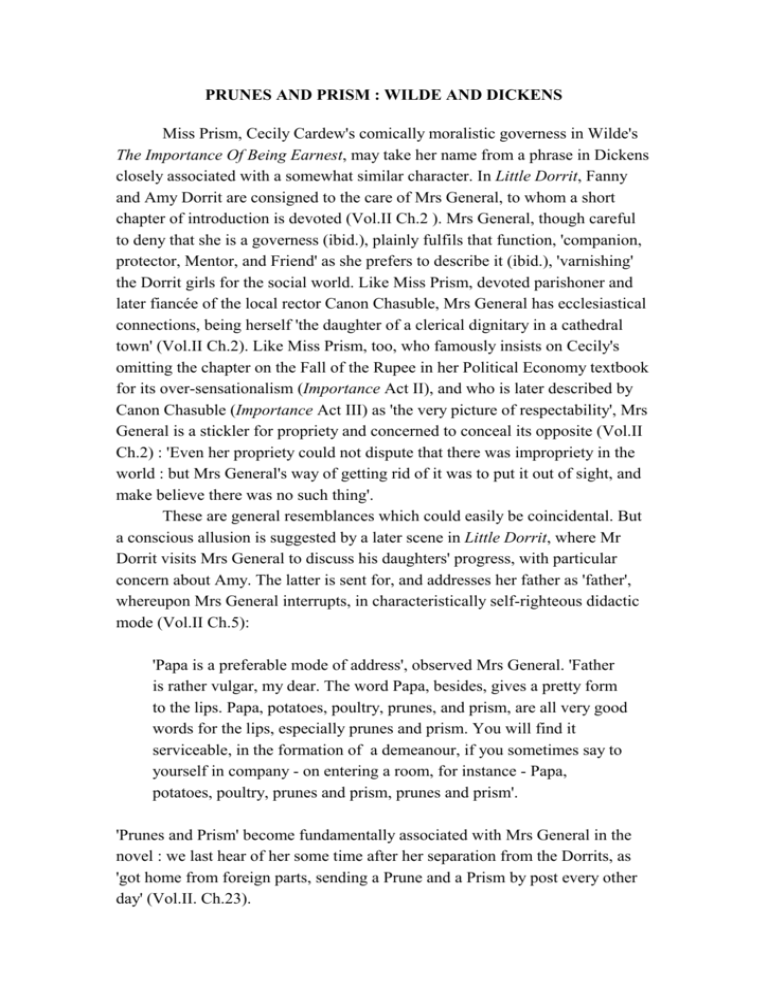
PRUNES AND PRISM : WILDE AND DICKENS Miss Prism, Cecily Cardew's comically moralistic governess in Wilde's The Importance Of Being Earnest, may take her name from a phrase in Dickens closely associated with a somewhat similar character. In Little Dorrit, Fanny and Amy Dorrit are consigned to the care of Mrs General, to whom a short chapter of introduction is devoted (Vol.II Ch.2 ). Mrs General, though careful to deny that she is a governess (ibid.), plainly fulfils that function, 'companion, protector, Mentor, and Friend' as she prefers to describe it (ibid.), 'varnishing' the Dorrit girls for the social world. Like Miss Prism, devoted parishoner and later fiancée of the local rector Canon Chasuble, Mrs General has ecclesiastical connections, being herself 'the daughter of a clerical dignitary in a cathedral town' (Vol.II Ch.2). Like Miss Prism, too, who famously insists on Cecily's omitting the chapter on the Fall of the Rupee in her Political Economy textbook for its over-sensationalism (Importance Act II), and who is later described by Canon Chasuble (Importance Act III) as 'the very picture of respectability', Mrs General is a stickler for propriety and concerned to conceal its opposite (Vol.II Ch.2) : 'Even her propriety could not dispute that there was impropriety in the world : but Mrs General's way of getting rid of it was to put it out of sight, and make believe there was no such thing'. These are general resemblances which could easily be coincidental. But a conscious allusion is suggested by a later scene in Little Dorrit, where Mr Dorrit visits Mrs General to discuss his daughters' progress, with particular concern about Amy. The latter is sent for, and addresses her father as 'father', whereupon Mrs General interrupts, in characteristically self-righteous didactic mode (Vol.II Ch.5): 'Papa is a preferable mode of address', observed Mrs General. 'Father is rather vulgar, my dear. The word Papa, besides, gives a pretty form to the lips. Papa, potatoes, poultry, prunes, and prism, are all very good words for the lips, especially prunes and prism. You will find it serviceable, in the formation of a demeanour, if you sometimes say to yourself in company - on entering a room, for instance - Papa, potatoes, poultry, prunes and prism, prunes and prism'. 'Prunes and Prism' become fundamentally associated with Mrs General in the novel : we last hear of her some time after her separation from the Dorrits, as 'got home from foreign parts, sending a Prune and a Prism by post every other day' (Vol.II. Ch.23). 2 The repeated 'Prism' associated with a proper governess-figure suggests that Wilde's name came from these passages of Dickens; in both cases the word is no doubt also chosen for its closeness to 'prim', a quality which both characters show. Dickens' Mrs General, accompanying the Dorrit girls on their European travels, is rather more worldly than the bluestocking Miss Prism, instructing Cecily in the country, but the essential resemblance between the two prim duennas is clear. Wilde's well-known disparagement of Dickens, including his quip 'one must have a heart of stone to read the death of Little Nell without laughing', seems not to have prevented allusion to the novelist's work 1. Mrs General is a governess and comic model of propriety, a role reprised by Miss Prism, though in the dénouement of Wilde's play Miss Prism is found to have a had a more colourful previous side as a failed romantic novelist, her threevolume novel, the original contents of the famous handbag, having been absentmindedly exchanged for the baby Jack Worthing/Ernest Moncrieff (Importance Act III). Miss Prism's novel has already been mentioned in her first scene at the beginning of Act II : could this stress on her novelistic past be a witty allusion to the novelistic origin of her name ? S.J.HARRISON Corpus Christi College, Oxford [FOOTNOTES] 1. For Wilde's views and remaks on Dickens see conveniently Richard Ellmann, Oscar Wilde (London, 1987), index s.v. 'Dickens'.
